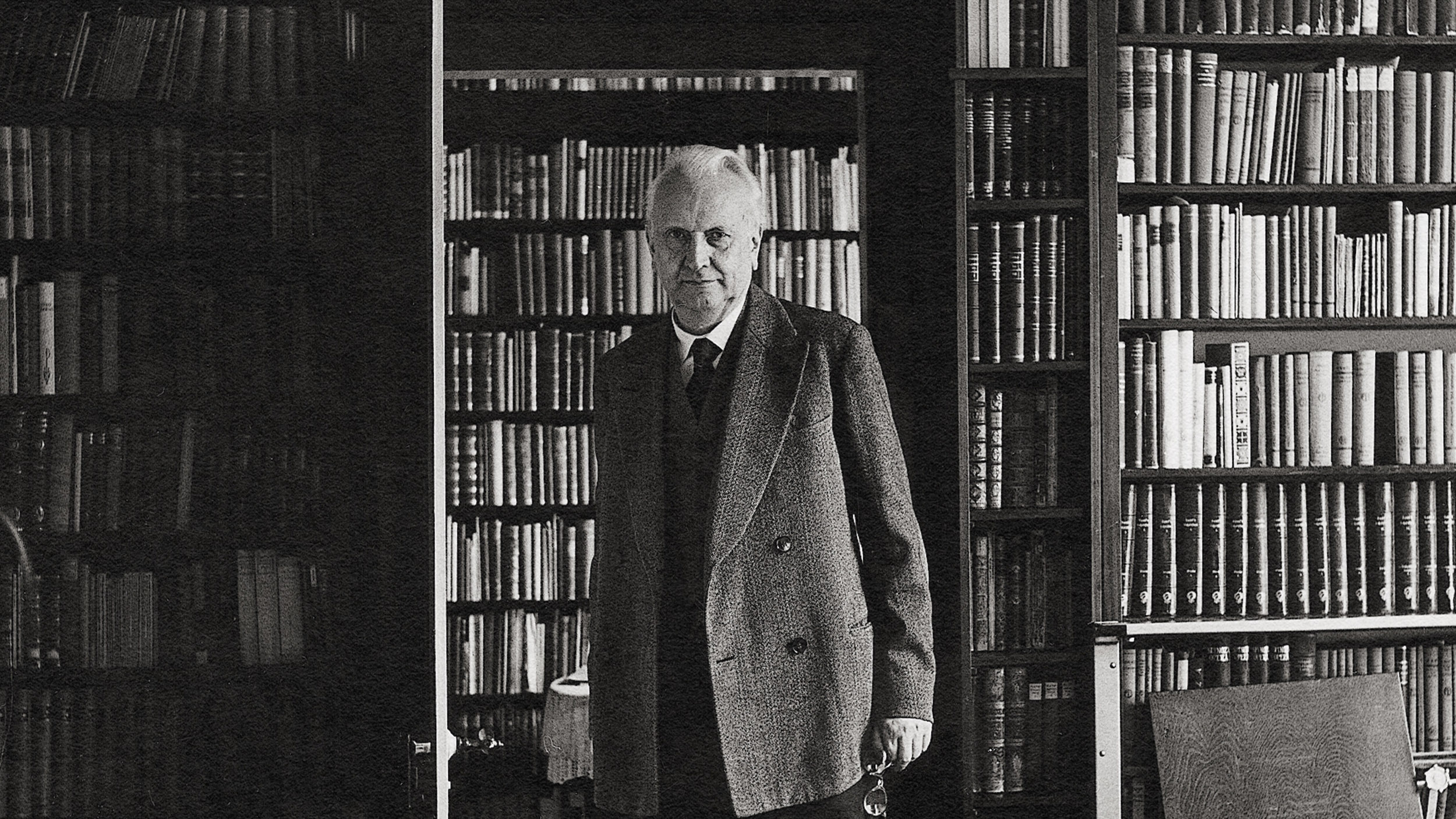Gugolev initially disliked Live Journal, but later realized it gives people the opportunity to not feel alone.
Question: How has Live Journal changed Russian poetry?
Yuli Gugolev: I try. I remember the first time when I know about, like, journal, I’d rather was among those who said, “Oh, horrible thing. It’s very bad sign of new times. It’s absolutely human less. Everything is disgusting, this possibility to, I don't know, to make this spiritual striptease,” and so and so. In half a year, I got my own journal. And I think that it’s very, not so awful thing, first of all. It gives some people possibility, I think, not to be alone. It’s, maybe, strange, maybe, weird substitution of old friendship or old relations with some people. But probably, it goes like this, just because times change.
With other hand, you have to talk about writers. Probably, many or some authors, poets and writers, they cannot wait for the moment when their poems will be published in so-called thick magazines. Thick magazines, this number of magazines of literature, which are accepted as, I don't know. Those who are published in those magazines, they’re part of the literary establishment in Russia. Because sometimes, it takes to wait for the publication, one or two months, maybe, three.
And the other cases, those poets, those authors, will never publish in those magazines. Because, I don't know, editors could think that the poet, their work does not convenient for the publication. In this case, person just hangs its text in the net and immediately gut reaction of the audience. It could be five, ten, three, rather positive reactions. Sometimes, the reaction might be very rude or obscene. I don't know. But it’s very easy way to be in touch with people. And if to talk, not about everyone who could do it, besides those people. There are some really significant poets. If we talk about Russian poets, it is Alexie [?] Swtigov [?], who lives in Russian. Bariskielosvky [?], poets of next generation. Steneslofevorsky [?], Lenorgeralic [?],
Fedeswerovsky [?], and many, many others. I have my journal. And it is, as I told, the easiest way to keep your fingers on pulse of today’s literature process.
It’s not-- salon, not literature hall, not literature
If you remember this novel or Russian Story. Dubrovsky [?] had a contact with
Maskinka [?] through a tree hole, where he left a piece of paper with everything he wanted to say. In a sense, the journal is a tree hole. But the other hand, it’s possibility to conduct almost like in chant [?]. So if you think it is salon, I don’t mind.
Recorded on: March 4, 2008





